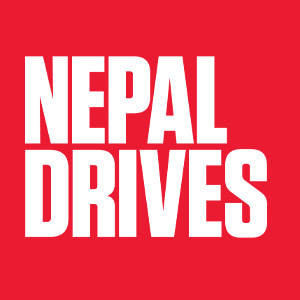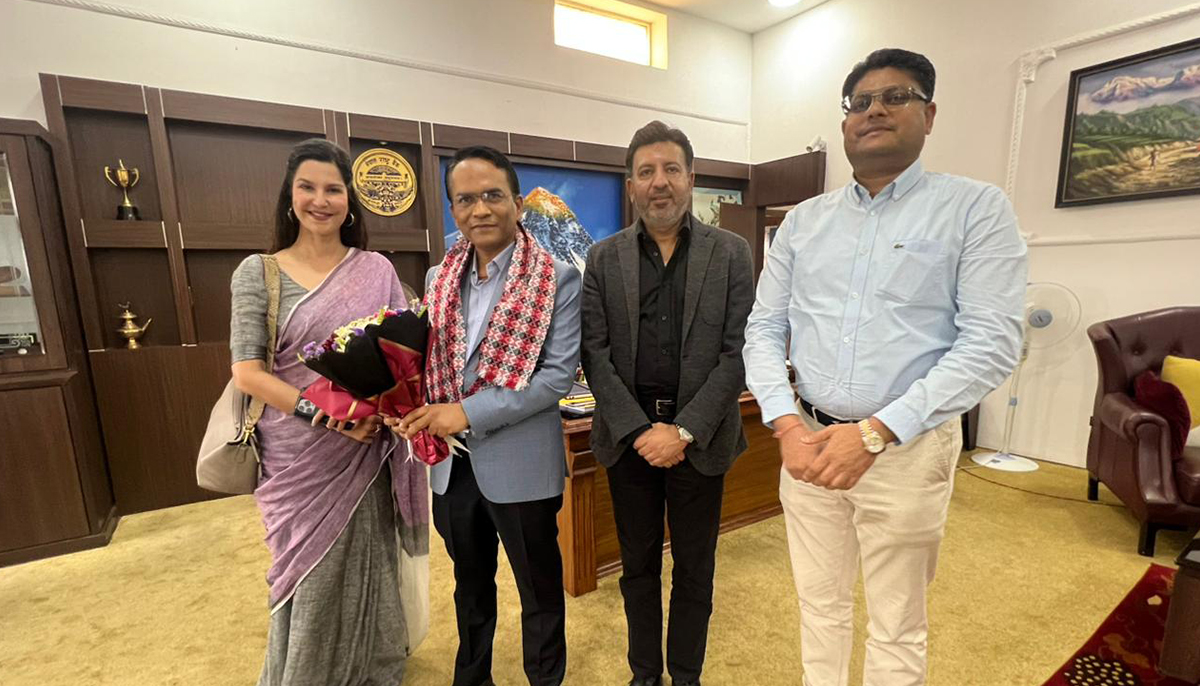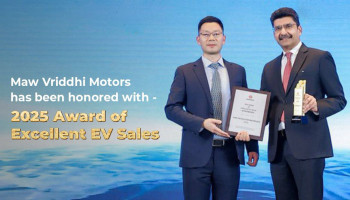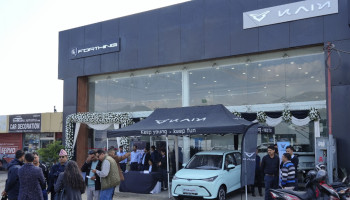The Nepal Automobile Importers and Manufacturers Association (NAIMA)—a recently formed organization representing the country’s automobile importers and manufacturers—has submitted a set of key recommendations to Nepal Rastra Bank for inclusion in the upcoming monetary policy.
These suggestions are grounded in NAIMA’s vision of supporting Nepal’s evolving mobility landscape, promoting sustainable economic growth, and encouraging practical, forward-looking regulations.
NAIMA has expressed its appreciation for the central bank’s ongoing efforts toward maintaining financial discipline and fostering economic development. In line with this, the association has proposed a revision of the loan-to-value (LTV) ratio criteria to better reflect the needs of the market.
Currently, LTV ratios vary depending on vehicle type, but NAIMA recommends a standardized 80%-20% ratio for all vehicle categories, whether electric or engine-powered. This change, the association believes, would improve access to vehicle financing for consumers, stimulate automotive sales, and positively impact the national economy.
Another important area NAIMA has highlighted involves the current limitations on opening Letters of Credit (LC) in Chinese Yuan. Presently, Nepal Rastra Bank only allows LCs in Yuan if the beneficiary company is located in China.
However, in today’s global trade environment, it is common for transactions to involve multiple parties across different countries, such as manufacturers, logistics providers, and beneficiaries. NAIMA has therefore requested that importers be allowed to open LCs in Chinese Yuan for vehicles manufactured and shipped from China, regardless of the beneficiary company’s country of registration. This policy change would align with modern business practices and facilitate smoother import processes.
NAIMA has also recommended a reduction in the Risk-Weighted Asset (RWA) rate for auto loans, suggesting it be lowered from the current 100% to 75%. Vehicles generally retain value well and have a strong resale market, which minimizes risk for lenders. Furthermore, auto loans have consistently shown the lowest default rates among all types of lending in the banking sector. A lower RWA rate would make auto loans more accessible, support vehicle sales, and help maintain financial stability in the lending ecosystem.
With a long-term commitment to advancing Nepal’s automobile sector and promoting modern, sustainable mobility, NAIMA aims to play an active and constructive role in policy-making. The association is hopeful that its recommendations will be taken into account in the upcoming monetary policy and looks forward to continued collaboration with relevant stakeholders to drive Nepal’s mobility sector forward.
















